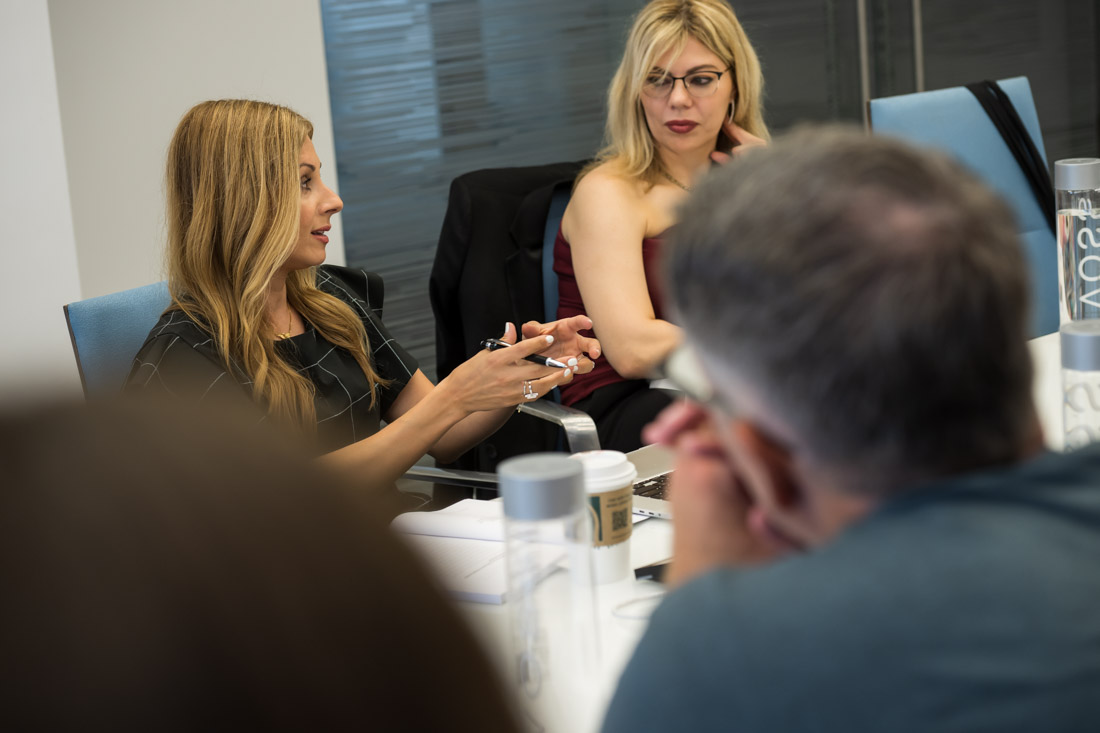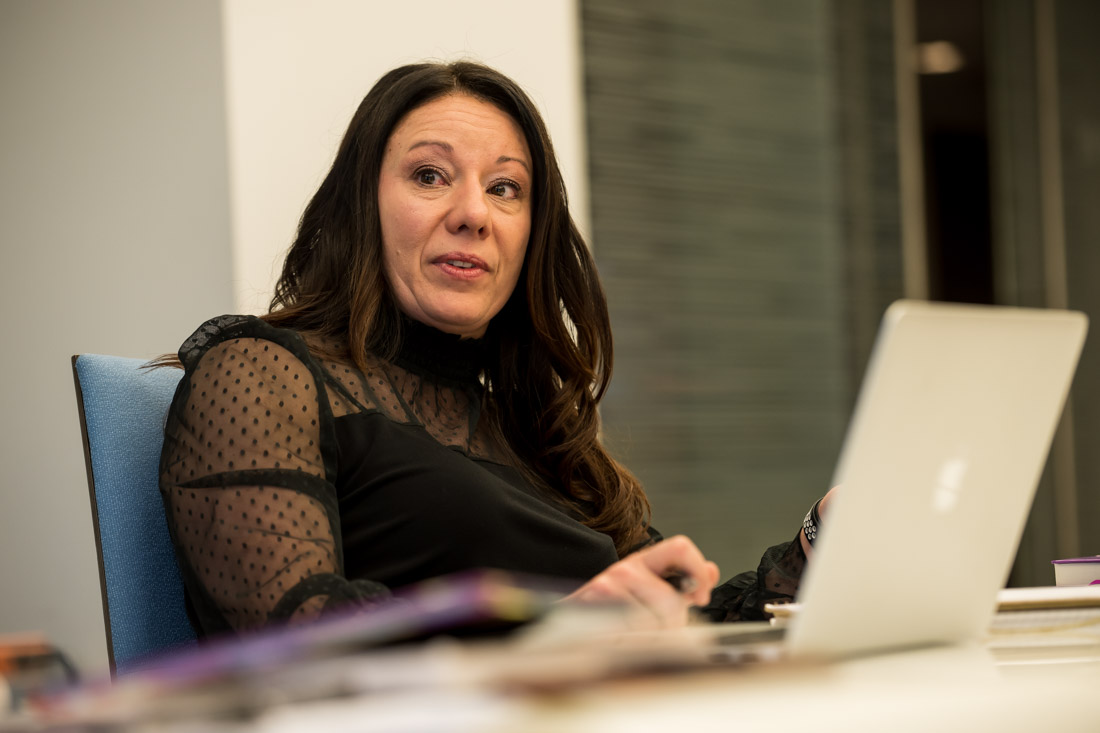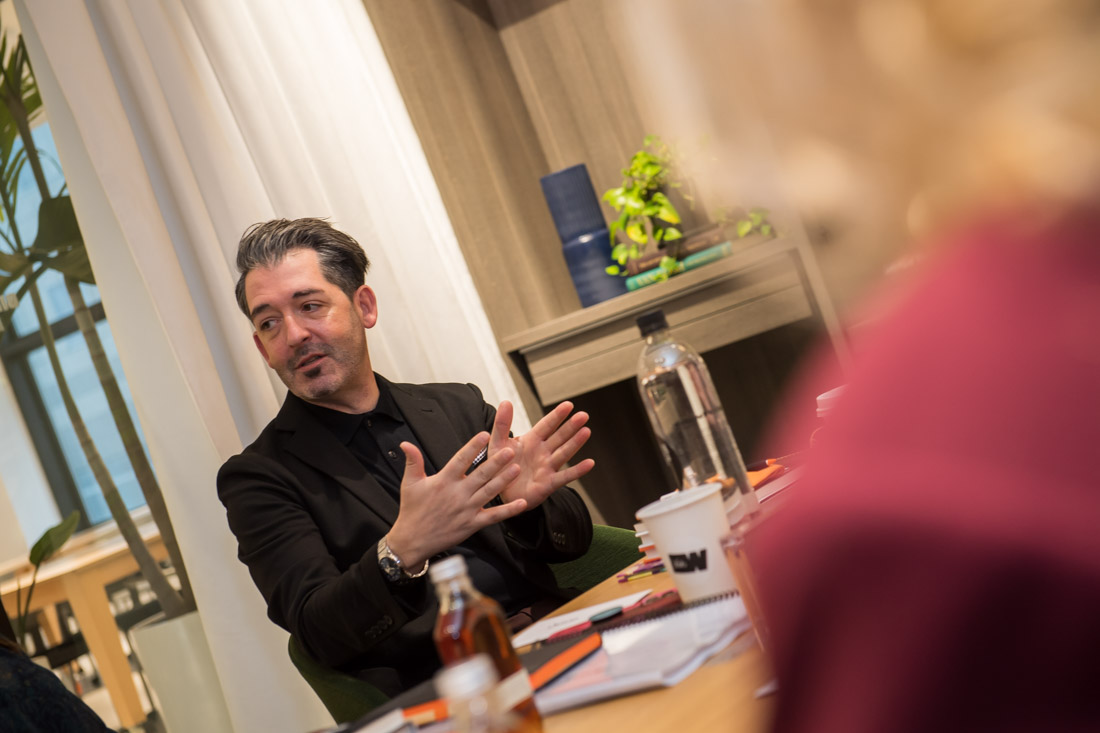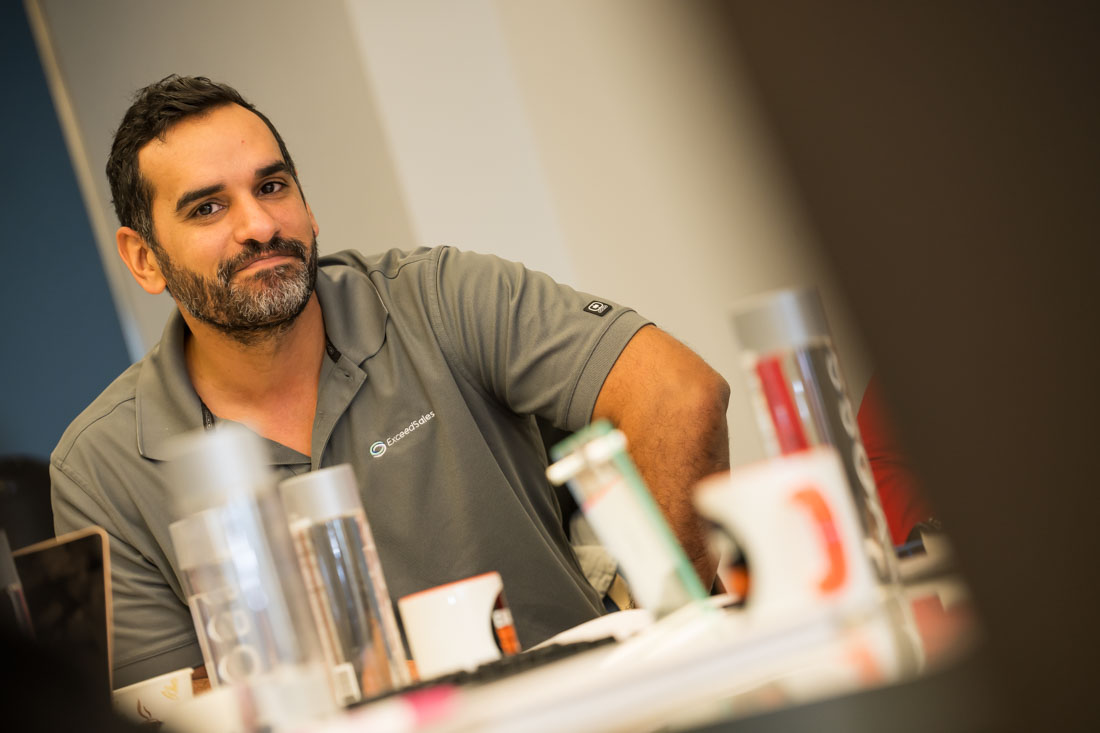Core values are foundational beliefs held by an individual or an organization. They are often the guiding perspective that forms how people behave around others.
With core values being so integral, have you ever considered that by leveraging your core values, you could actually impact others to discover their purpose and possibilities?
With this question in mind, this blog has been taken from one of the EWTS Critical Conversations webinars hosted by Certified Guide Tricia Brouwers. She covered how exactly you could do this during a recent webinar.
People’s reasons for attending the EWTS webinars are varied; it might be for practice, to get new ideas, or simply to learn new things.
For Tricia’s latest webinar, many of the attendees simply wanted to help others discover purpose and possibilities, as well as how to use their own core values to impact others.
Tricia’s Story
Tricia’s son was diagnosed with autism at 5 years old, but for Tricia, her journey started much earlier than this. She knew that Daron was ‘different’ when he was about 18 months old, as whatever language was expected for his age seemed completely lost to him.
Daron used to be incredibly content occupying himself, which, while others might have praised, Tricia felt concerned. She didn’t feel like this behavior should be celebrated. She felt that it was actually something she should be seeking advice for.
So that’s exactly what she did, and she found that by going through this, the power of communication was essential to getting any results.
Tricia feels incredibly privileged to be an EWTS Certified Guide, the book has been a huge part of her life, even before the book was actually written.
You might ask how this is possible, but there have been many moments throughout her life where Critical Conversations were essential to forming relationships.
She discovered early on in her life that great conversations often lead to relationships. And it is often these relationships that can create opportunities.
Tricia’s son got the help and support he needed because a nurse asked a simple question that started a Critical Conversation between them. This conversation formed a relationship between Tricia and the nurse that led to her son being referred to a developmental pediatrician who would significantly impact the outcome of Daron’s life.
The foundations of EWTS are built upon the ideas of conversational excellence. Great conversations can lead to relationships. Relationships can create opportunities, and this can lead to opportunities to discover and implement positive actions.
Throughout this blog, Tricia will demonstrate how you can use communication methods combined with your core values and beliefs to make a significant difference in your life and the lives of those around you.
Purpose & Core Values
Do you feel like you have a purpose? Something that you are just meant to do or be?
Tricia found that she had always rooted for the underdog. This part of her personality has taken priority in her life and often shaped the relationships she has formed.
That practice of people feeling seen and heard is her topmost priority.
But whatever your priorities might be, you will find that they become the conversations you have that lead to the best results, whether that’s in life or business.
Your purpose and your core values often end up working together, but how do you go about identifying them?
The first thing that you need to do is to get clarity on your purpose and how those core values work together.
This starts with self-reflection.
Spend time reflecting on your beliefs, your principles, and what truly matters most to you.
You should ask yourself powerful questions like:
- What do I stand for? What principles guide my decision?
- How certain am I that I'm making the impact that I want to see in this world?
- When was the last time that I felt passionate about something?
The second part to consider is identifying key moments where you have displayed these core values.
Think about significant moments or experiences that you’ve had in your life where you have felt the most fulfilled or proud.
This work is critical and can be returned to frequently. It’s worth remembering that your answers could change and evolve, but this head-to-heart connection is important to fully understand what your purpose is.
The third thing that you should consider in this journey is understanding how to prioritize your values.
Once you’ve identified potential core values and prioritized them, you should rank them in order of importance.
Your purpose and your core values often end up working together, but how do you go about identifying them?
Why Is Advocacy So Important?
Advocacy means getting support from another person to help you express your views and wishes and help you stand up for your rights. Someone who helps you in this way is called your advocate.
Tricia has always felt like she was an advocate for others from a very early age, and this feeling only got stronger as her son grew up and flourished from the support that she could offer.
Advocacy can lead to amazing conversations, and asking the right questions can lead to deep and impactful relationships, and they create opportunity. Advocacy can affect another person’s outcome and change their life in many ways, just like it did for Tricia and her son.
Creating Influence
What is your decision-making framework? How often do you use your core values as a guide for making important decisions?
You should assess how potential choices will align with your values to ensure that your actions are completely consistent with what matters most to you.
For Tricia, being an advocate for others is a core value that she lives by, and this will forever guide how she approaches different scenarios.
You can use this approach for many scenarios, such as setting goals. Do your goals align with your core values? The answer to this not only gives your goals deeper meaning but also enhances your motivation and commitment to achieving them.
Are you a team leader? You can follow these steps with leadership and team building, too. You can instill your core values into your team when hiring, training, and motivating team members on shared values.
And when you create a culture around shared values, you subsequently create a cohesive and impactful group. From this place, it’s truly amazing what you can then go on to do.
This notion isn’t exclusive to a corporate boardroom, either. It could happen in a community. It can happen anywhere you want to create influence and impact where you see yourself as a leader.
If you need a team of people to help you achieve a joint vision, the last way you’ll create influence and impact is through personal growth and relationships alone.
Surround yourself with people who are going to embrace your values because they can actually reinforce them and lead you to positive personal growth and impact.
At EWTS, we often refer to the framework of the 5-step dance, and it always starts with curiosity and having the courage to ask questions.
This mentality can be just as successful when used on yourself.
Great questions lead to great conversations, and if you also have these great conversations internally, they can become your narrative. If your thoughts become your beliefs and your beliefs become your actions, you will create more possibilities that align with your core values.

Impact Before Influence
Is it better to create a positive impact before trying to influence? Think about a time when you put impact before influence. Was the outcome better?
What has happened when you’ve gone straight to a solution without curiosity? Did you get the outcome you wanted?
The chances are that by focusing on influence before impact, you’ve lost the opportunity to create relatability with the other person.
When you have created relatability, you’ve successfully created empathy. This usually occurs by simply understanding where the other person is coming from. It’s no longer you versus them. It’s us versus it.
Approaching a situation with certainty instead of curiosity rarely leads to positivity. Adversity will usually creep in.
Whereas if you approach with curiosity, you’re starting to understand what matters most to the person on the other side, giving you the ability to create a wonderful dynamic relationship.
Is there a time when you led with curiosity? What happened during that exchange? Was the outcome better?
Could it be possible that curiosity can help you both evolve into a deeper conversation?
How To Create Influence And Impact
There are sequences of words that you can use that will help you to determine how to approach a Critical Conversation.
For example, if you were approaching a conversation in an education setting to advocate for services, it might sound like this:
I bet you’re a bit like me and want the best outcomes for your students. Just out of curiosity, when was the last time the team came together to review those established goals?
How would you feel if we missed an opportunity to adjust the work to meet the goal? The good news is I can make myself available for us to meet together and collaborate on what happens next.
This example uses many of the EWTS magic phrases:
- How would you feel if...
- Just out of curiosity
- I bet you're a bet like me...
- The good news is...
This type of scenario is based on establishing facts; it’s an inquiry, not an inquisition. When you ask the questions, they should be layered, and you need to give them the space to be answered.
Using the phrase ‘I bet you’re a bit like me’ creates a relationship, a shared goal, and reinforces the idea that it’s us vs it, not you vs me.
Your ultimate goal should be to celebrate your core values and allow them to take the lead in your choices and actions going forward. By embracing these aspects of your soul, you will be able to impact others to discover their purpose and endless possibilities.
All of the phrases are designed to enhance a Critical Conversation and establish a good rapport whilst building trust and empathy. And the good news is that there are a whole load more! You can discover even more in the book Exactly What to Say.











